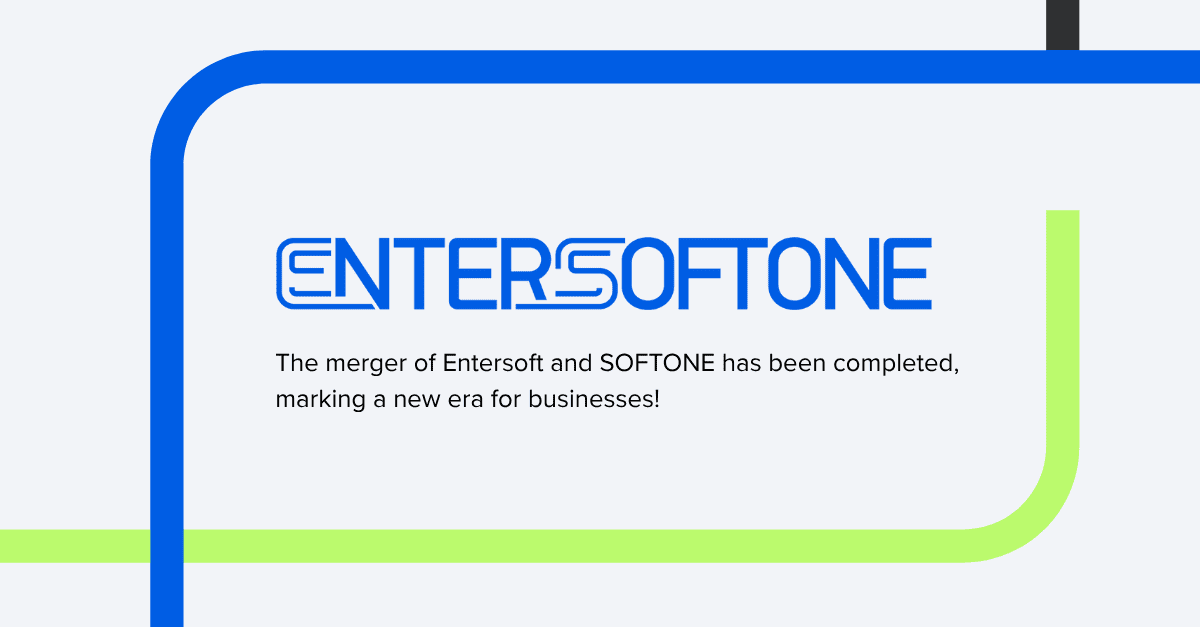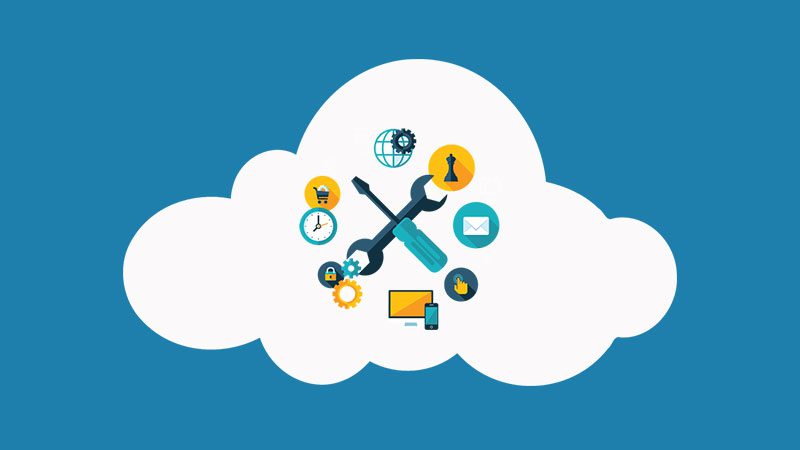Share
Read also

Trends & Views
Digital Transformation Strategies for Success

Business Software
CRM for Small Businesses and Seamless Integration

News & Events
ENTERSOFTONE: The merger of Entersoft and SOFTONE has been completed, creating the largest provider of business software products and services in Greece and Southeast Europe.

Mobility
Outlook for the BYOD and EM market from 2025 to 2035
In the business world, it is a common secret that downtime is not a rare event; it is inevitable and bears significant financial cost. Each time computer systems are unavailable, possibly due to a technical problem or some other cause, businesses are likely to lose customers, especially if they cannot restore access to their customer files. If valuable data is lost in the process, then they are faced with problems in their daily operations as well.
In such cases, a cloud-based CRM system can be of significant help, as it enables you to transfer your business data from your hardware or data center to a secure cloud environment. This technology continuously creates back-up files of all your data, so that you can have uninterrupted access to all information both during and after any issue arises. Cloud CRM technology also offers recovery solutions, so that your business can recover instantly after a malware attack or a hardware problem.
Cloud-based CRM technology is not restricted to a single computer system, thus enabling your personnel -from different departments- to have access to useful information. The same applies to customers from other businesses, who can have remote access to data and share files. As a result, businesses can take advantage of new opportunities to work together on different projects, which ultimately has a positive impact on their profitability. Of course, CRM managers have complete control over who can access this data, and they can also set different rights, so that only specific users have access to sensitive information.
Furthermore, cloud CRM technology allows employees when away from the office and access the same information available to their colleagues working on-site. Based on relevant surveys, it has been proven that working remotely actually enhances productivity and improves employee effectiveness. Furthermore, it has been determined that a business can save significant amounts of money for every person that works from home.
A considerable number of businesses are discovering that the cloud environment is actually more secure than an on-premise system, given that the first one provides access management, data encryption and file integrity checks. In addition, cloud-based services offer automated updates, ensuring that users have access to the latest security patches, immediately after their release. A few other security benefits include compliance with regulatory requirements and protection against DDoS attacks.
Business can invest in additional security features, after migrating their data to the cloud. 61% of brands have indicated that they’re planning on training their existing IT personnel after the deployment of their cloud-based solution, while 42% will use additional security software to protect their valuable applications and data on the cloud.







